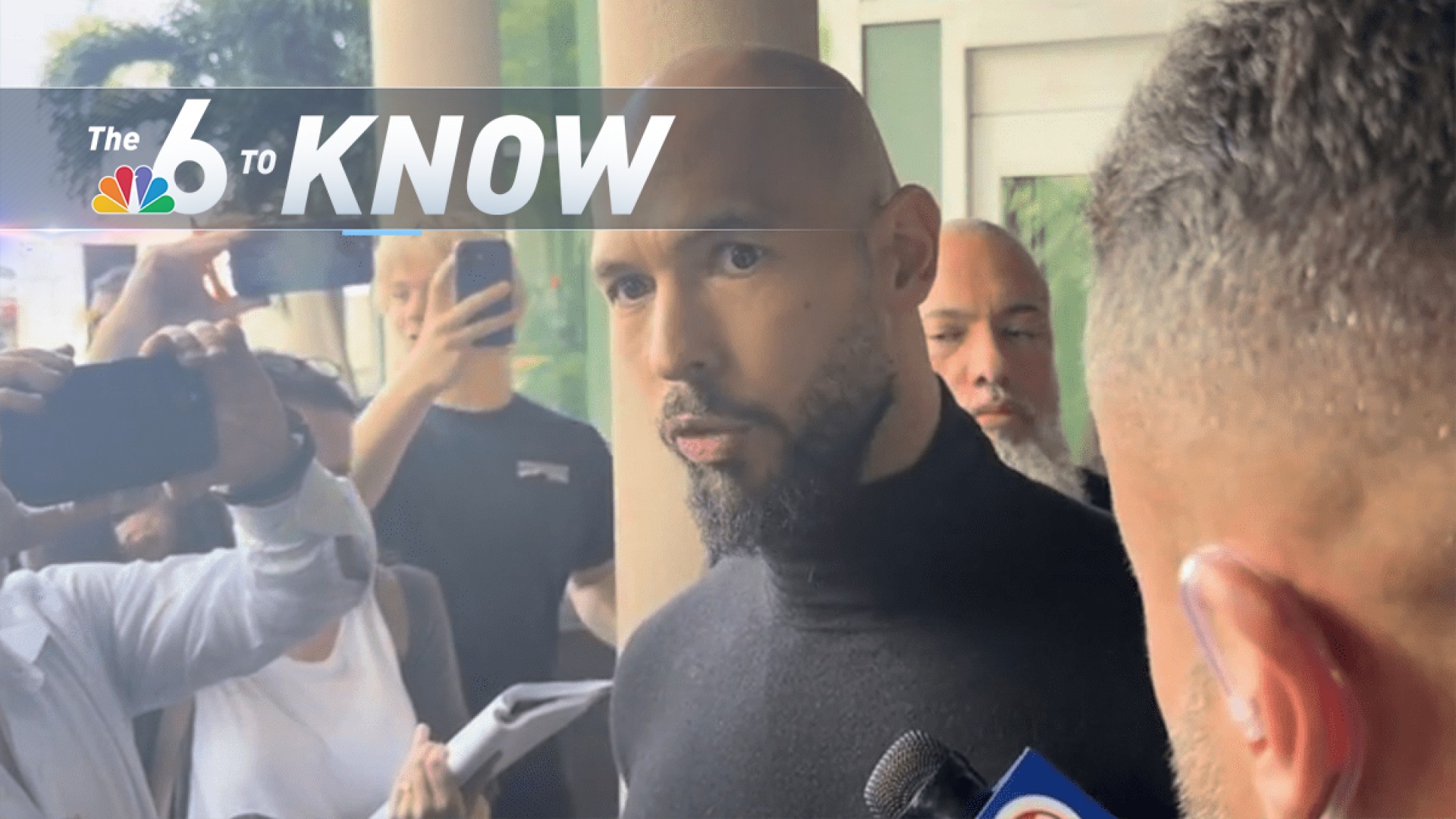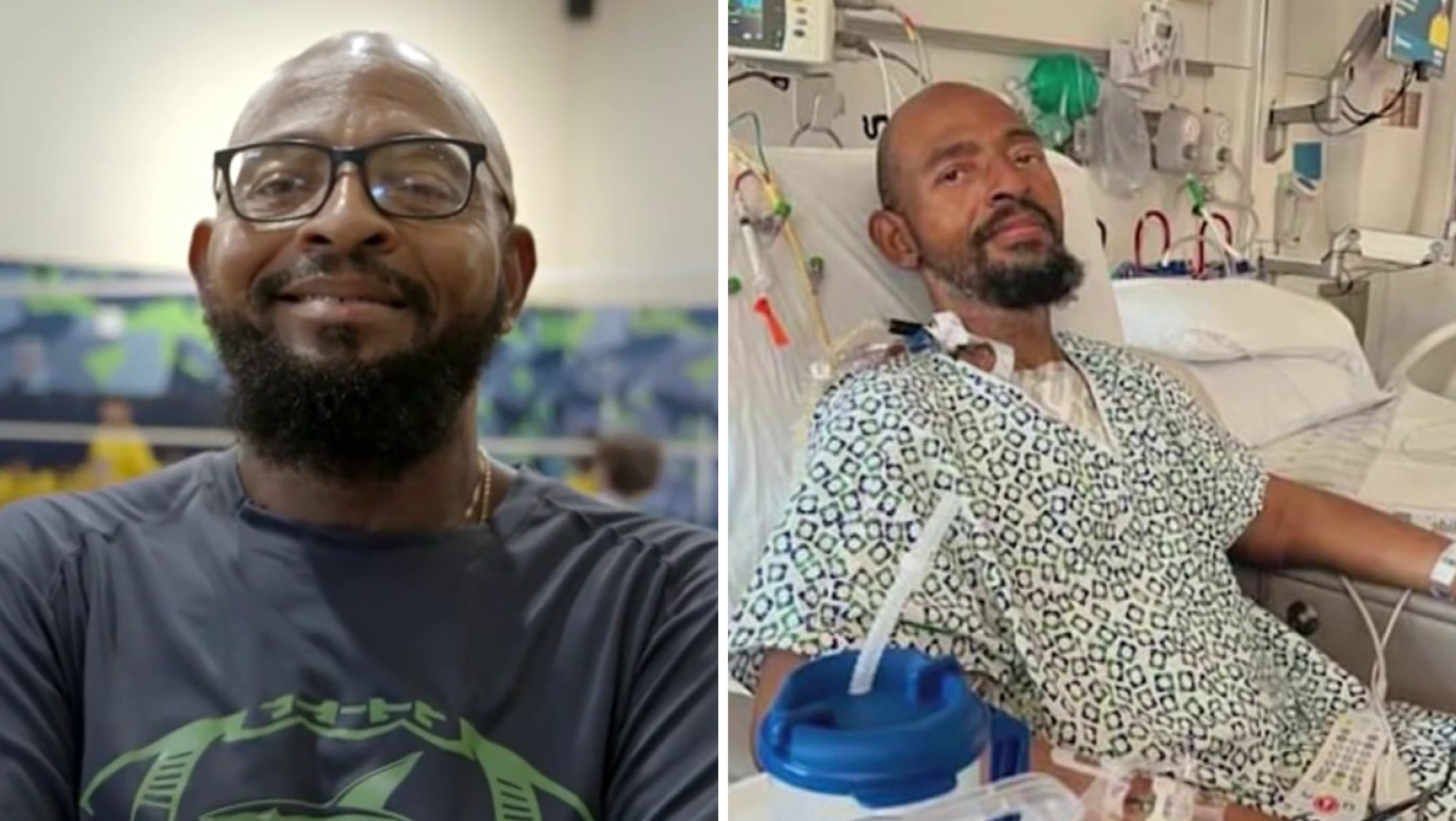Persistent poverty robs school kids of opportunity. The Miami-Dade School District knows this, and one of its solutions to this widespread problem is providing technology (in the form of computer laptops) to families who can’t afford it on their own.
Persistent poverty robs school kids of opportunity. The Miami-Dade School District knows this, and one of its solutions to this widespread problem is providing technology (in the form of computer laptops) to families who can’t afford it on their own.
“Not everybody has laptops in their homes, their computers, or free Wi-Fi so it’s really good and they get to learn at school and at home,” said Juan Garcia, a mother of three small children, saying it’s a big step forward for her family.
It’s called, Connect@Home, the MDCPS initiative to provide needy families with free laptops, Wi-Fi hotspots, and educational software. So far, more than 300 households have received the tablets, including 39 today at Orchard Villa Elementary School in Liberty City.
Miderge Lafleur said her daughter, Christianna, who is in pre-K, can’t wait to use her new laptop.
“She’s already engaged in the classroom, I can tell, she talks about things she learned in class, but now I think she can take it a step further,” Lafleur said.
Taxpayers funded the Connect@Home program, and without it, some kids would simply never have their own computer.
“We need to recognize in schools like orchard villa, where a hundred percent of the kids live below the poverty level, that many parents do not have access to internet at home or the computers themselves, therefore their kids stop learning at the last bell,” said Superintendent Alberto Carvalho.
Local
Parents at this morning’s giveaway and training event told us they feel like their kids now have an opportunity most kids take for granted.
“Yes, yes, because now she’s equal,” said Katherine Santiago about her daughter.
It’s not just a giveaway. The district staff is teaching parents how use the equipment, and in the process, showing them how to be better teachers of their own children.
“And the parents, and the fathers, they are here to let the world know they care about their children, so that’s what makes it great, it’s a collaboration, it’s a partnership,” said School Board member Dorothy Bendross-Mindingall.
Think of it as leveling the academic playing field.
“The idea here is to create an echo of learning that goes from the school to the home and that takes the parent, it takes the teacher, it takes kids, and it takes technology,” Carvalho said.
It starts with the pre-K years, and the superintendent says it won’t finish until every kid has computer access at home.



